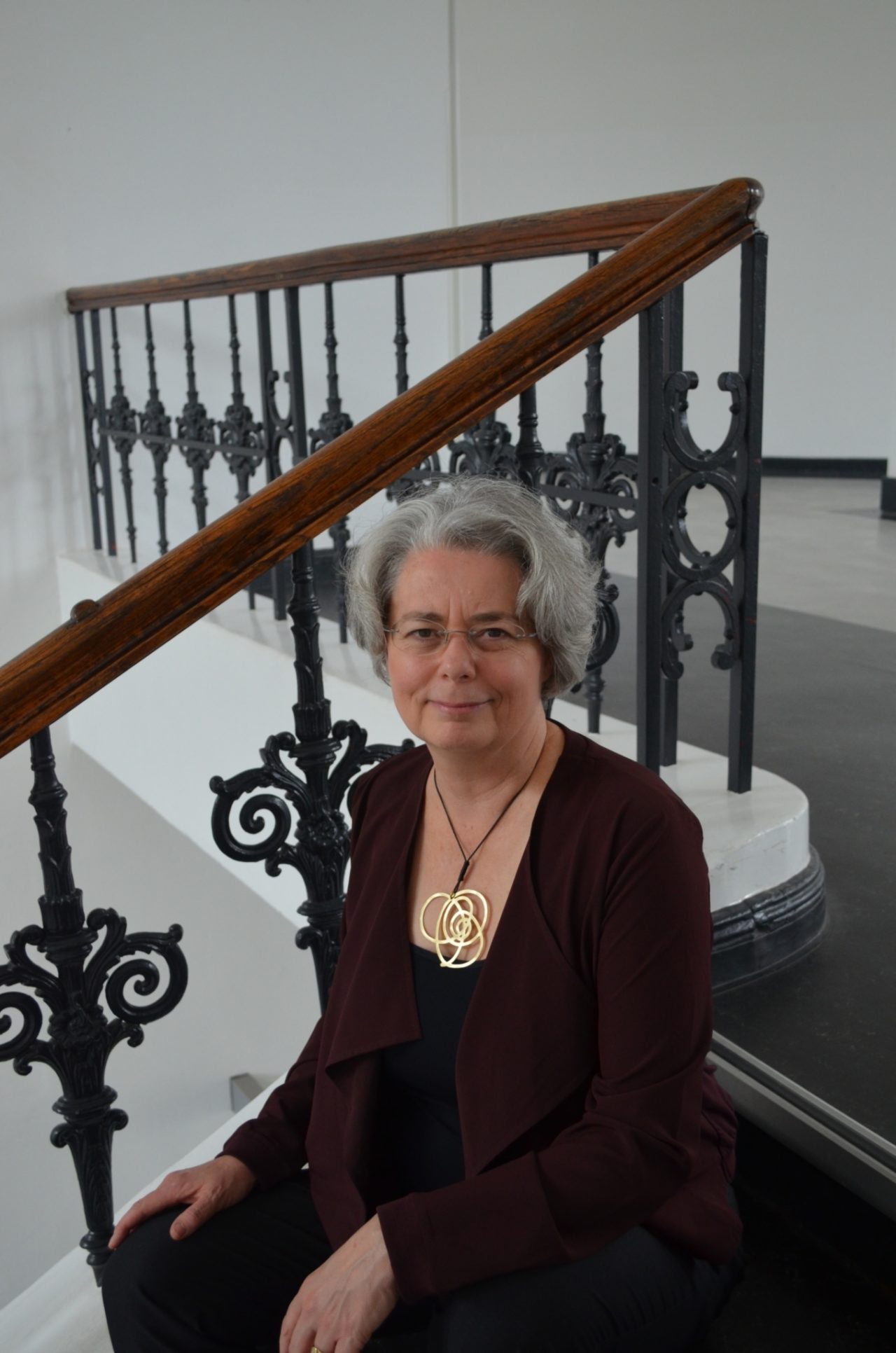‘Be kind to yourself. Do the things you love to do, and eventually you will find yourself doing all the other things as well.’ Susan Williams has been teaching natural trumpet in the Early Music department for thirty years, but for the last fifteen years she has also been giving courses in practice and performance preparation. She has also carried out doctoral research in mental training and is currently researching self-regulation for music students.
‘Of course the present situation is terrible, but it yields so many insights. Charles Darwin pointed out that it is not the strongest or most intelligent who survives, but the one most adaptable to change. This crisis is putting us all to the test. How are we adapting? What problems are we encountering? But also, what creativity does this type of situation inspire?’ These are extremely interesting times for Susan’s research domain: ‘It is always important to try and find ways of putting theory into practice. But now we find ourselves in an extraordinary situation in which nothing is as it used to be. It will be interesting to see where it takes us.’
A musicians’ identity
Susan’s current research looks into how students can be helped to organise themselves better, so that they can practice efficiently and achieve their goals, as well as be able to be fully engaged and happy in the process. ‘It is important to focus on the musician as a person, not just on his or her playing. This is more relevant than ever at a time like this. I am noticing different reactions to this crisis. On the one hand, without a structure and without extrinsic motivation to do what they have to do, many people feel lost. On the other hand, they are also discovering what is genuinely important to them and enjoying having space to explore what is meaningful to them. Right now we have an opportunity and time to feel or cultivate a deep, intrinsic motivation: why do I play music? And many students are reaching the conclusion: ‘In my heart, I am a musician. And I practice in order to become the musician I want to be and not just because I have a lesson or a concert coming up.’
We are naturally adaptable
‘It is encouraging to see how students are adapting and finding that motivation within themselves. It is in our nature to adapt to situations, and if we are not good at that we have to learn to be good at it.’ According to Susan, it is more important to focus on the journey (the practising) than the destination (giving a good concert, for example). ‘And there is more time for that now: time for musicians to start rethinking how they go about practicing. What many are finding is that by being kinder to yourself, and not being driven by results, you might perhaps achieve more than you ever dreamed possible. Teachers also need to take a step back now and again: students need to learn to be autonomous learners and to know for themselves what their goals are and what is needed to achieve them. Teachers can ask themselves: “How can we help our students to be able to steer their own process?”’
Connected
‘I am surprised how well one can communicate with digital tools. Naturally, many of the musical nuances of a person’s playing are lost in an online lesson, and I miss playing together with my students, but there are also many exciting things happening at the moment. For example, students are organising so many projects themselves. For some there is more space not only for deep reflection, but also for creative activity. But everyone misses playing together. When I ask students why they make music, the answers tend to fall into two categories: first, because it feels good, physically and emotionally, and second, because of the connection they feel. It is this connection that also explains why so many people enjoy going to concerts. And because everyone misses that connection so badly now, I’m looking forward to the inevitable outburst of concerts as soon as this crisis is over.’








